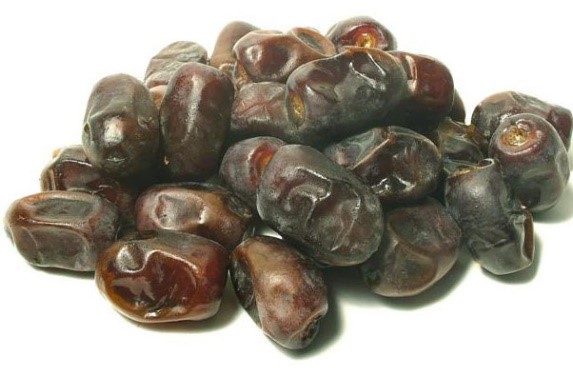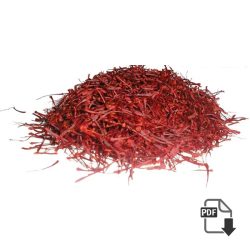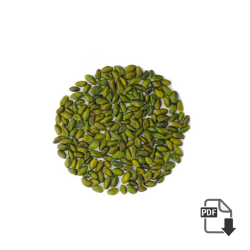Exploring Their Nutritional Benefits
The Iron Content in Dried Prunes: A Nutritional Overview
Dried prunes, also known as dried plums, are popular for their rich flavor and numerous health benefits. While they are often celebrated for their digestive health properties, many people wonder about their iron content. Iron is an essential mineral that plays a vital role in various bodily functions, including oxygen transport and energy production. In this article, we will explore whether dried prunes contain iron, their nutritional benefits, and how they can fit into a balanced diet.
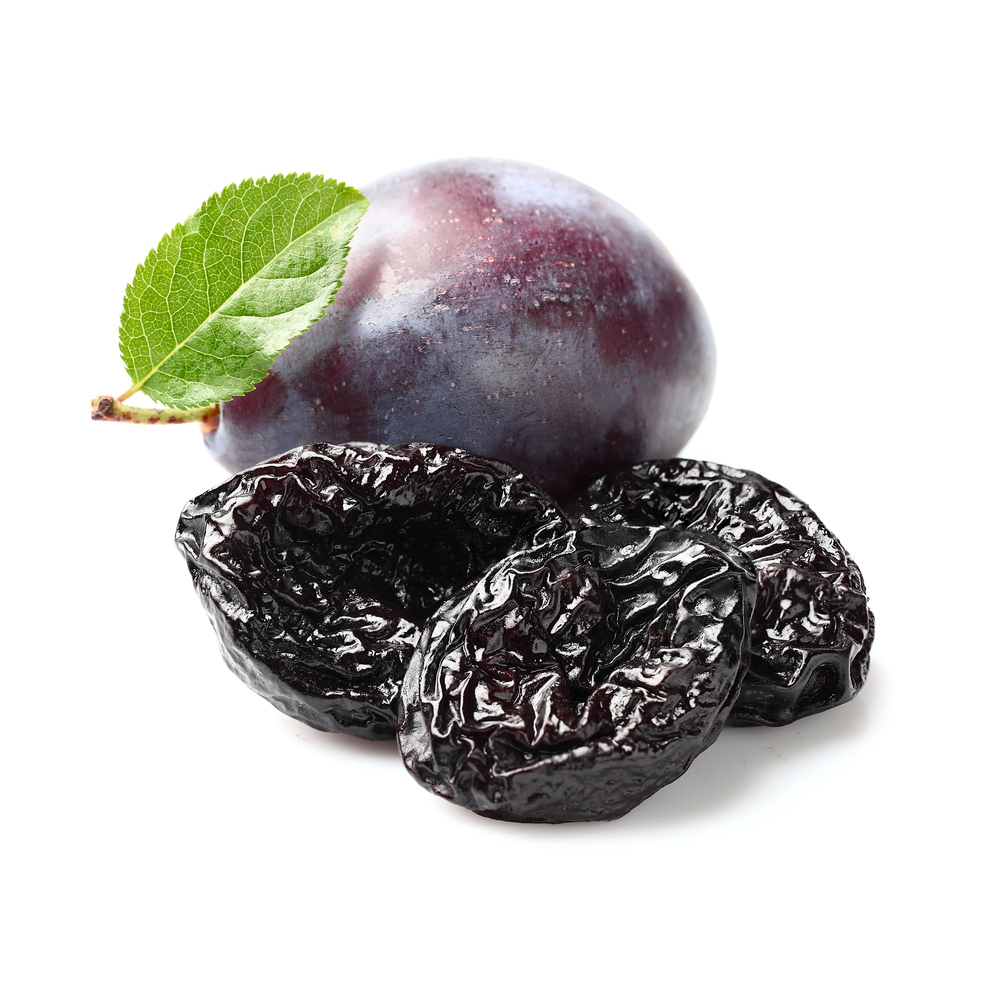
Nutritional Profile of Dried Prunes
Dried prunes are a powerhouse of nutrients. A typical serving of dried prunes (about 100 grams or 3.5 ounces) contains:
- Calories: Approximately 240
- Carbohydrates: Around 63 grams
- Dietary Fiber: About 7 grams
- Sugars: Approximately 38 grams
- Protein: Roughly 2 grams
- Fat: Less than 1 gram
In addition to these macronutrients, dried prunes are also rich in vitamins and minerals, including potassium, vitamin K, and iron.
Do Dried Prunes Contain Iron?
Yes, dried prunes do contain iron, although they are not among the highest sources of this essential mineral. A 100-gram serving of dried prunes provides approximately 0.93 mg of iron. While this may not seem like a significant amount compared to other iron-rich foods like red meat or spinach, dried prunes can still contribute to your daily iron intake, especially for individuals following a plant-based diet.
The recommended daily intake of iron varies based on age, sex, and life stage. For example, adult men typically need about 8 mg of iron per day, while women of reproductive age need about 18 mg due to menstrual losses. Including dried prunes in your diet can help supplement your iron intake, particularly when paired with other iron-rich foods.
https://www.irandriedfruit.com/dried-prune-exporters/
The Health Benefits of Dried Prunes
Aside from their iron content, dried prunes offer several health benefits that make them a valuable addition to your diet:
- Digestive Health: Dried prunes are well-known for their natural laxative effect, thanks to their high fiber content and the presence of sorbitol, a sugar alcohol that aids digestion. Regular consumption can help prevent constipation and promote gut health.
- Rich in Antioxidants: Dried prunes are packed with antioxidants, which help combat oxidative stress and reduce inflammation in the body. This can contribute to overall health and may lower the risk of chronic diseases.
- Bone Health: Some studies suggest that dried prunes may help improve bone density and reduce the risk of osteoporosis, particularly in postmenopausal women. The combination of vitamin K, potassium, and phenolic compounds in prunes plays a role in maintaining bone health.
- Heart Health: The potassium content in dried prunes can help regulate blood pressure, while their fiber content supports healthy cholesterol levels. Together, these factors contribute to heart health.
Are Dried Prunes High in Fiber
Incorporating Dried Prunes into Your Diet
Incorporating dried prunes into your diet is easy and delicious. Here are some ideas:
- Snacking: Enjoy them as a healthy snack on their own or combined with nuts for added protein and healthy fats.
- Baking: Add chopped dried prunes to baked goods like muffins, breads, or energy bars for natural sweetness and extra nutrients.
- Salads: Toss dried prunes into salads for a burst of flavor and a chewy texture.
- Smoothies: Blend dried prunes into smoothies for a nutrient boost and natural sweetness.

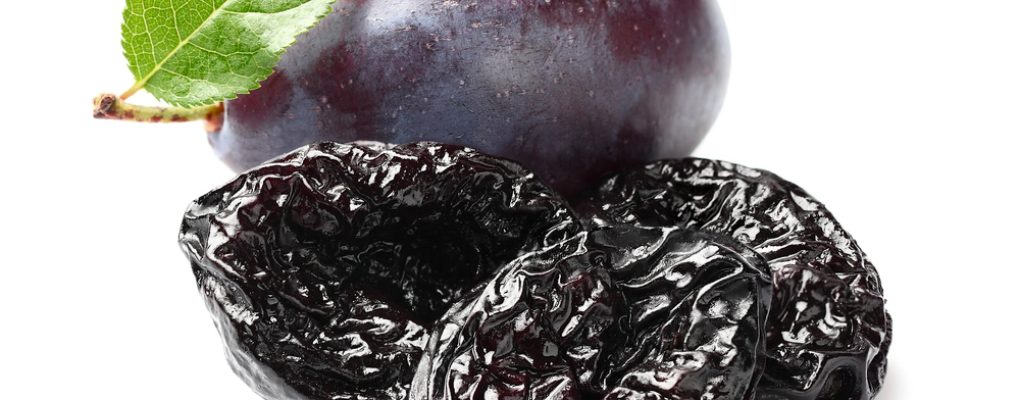
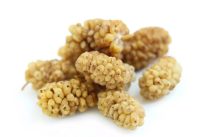
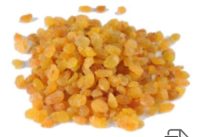
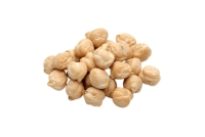
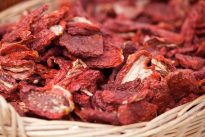
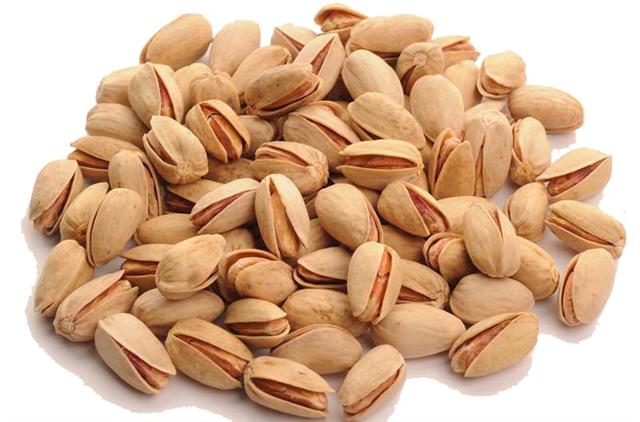
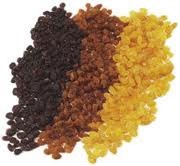 3 kind raisin
3 kind raisin 